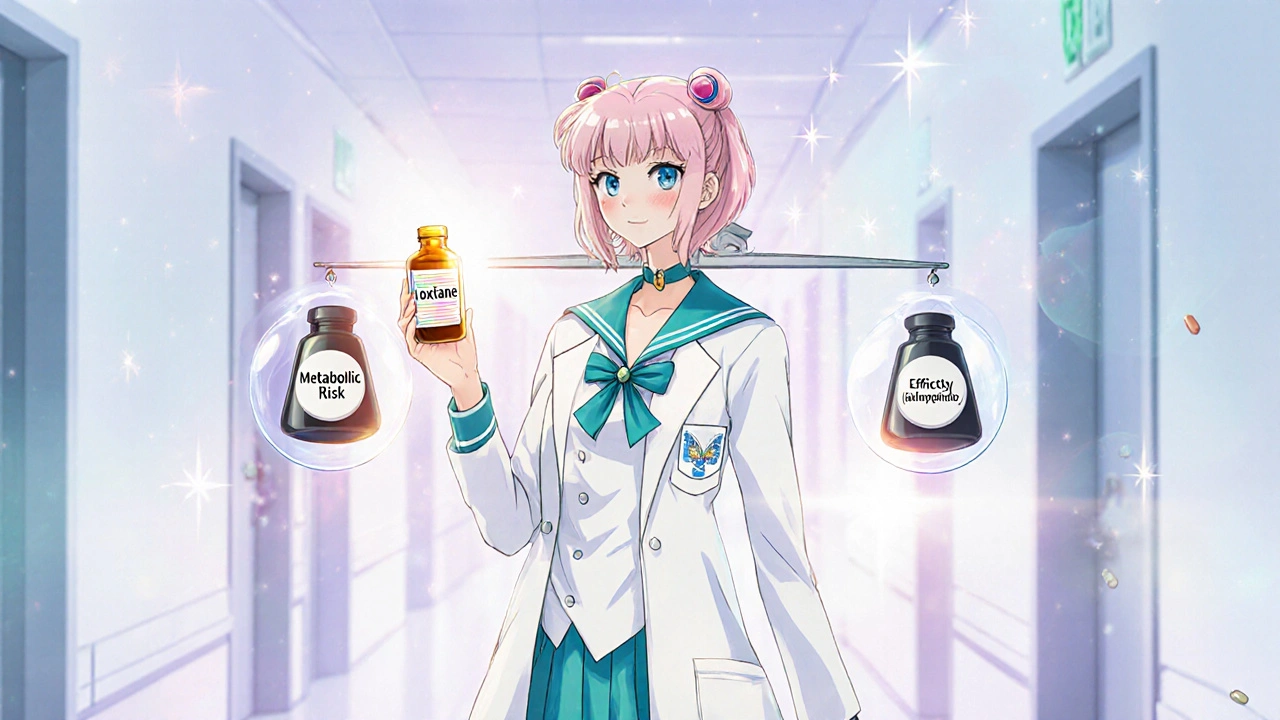Loxapine Succinate: What It Is, How It Works, and What You Need to Know
When you hear Loxapine Succinate, a typical antipsychotic drug used to treat schizophrenia and sudden episodes of agitation. Also known as Loxapine, it works by balancing brain chemicals like dopamine and serotonin to reduce hallucinations, delusions, and aggressive behavior. Unlike newer antipsychotics, Loxapine Succinate has been around for decades—but it’s still used today because it works fast, especially in emergencies.
It’s often prescribed when someone is in crisis—like sudden violent outbursts or severe psychosis—and needs quick calming. You’ll find it in inhaler form for rapid action, or as an oral tablet for ongoing management. It’s not a first-line choice for long-term use due to side effects, but in urgent cases, it’s a tool doctors turn to because it delivers results in minutes. Related to this are other antipsychotic medications, drugs designed to manage symptoms of psychosis by targeting neurotransmitters in the brain, like risperidone or haloperidol. But Loxapine stands out because of its dual delivery method: inhalation for acute use and pills for maintenance.
People taking Loxapine Succinate often report drowsiness, dizziness, or dry mouth. More serious risks include muscle stiffness, tremors, or a rare but dangerous condition called neuroleptic malignant syndrome. It’s not for everyone—especially those with heart problems or a history of seizures. If you’re on this medication, regular check-ins with your doctor matter. It’s also worth noting that mental health drugs, medications used to treat conditions like schizophrenia, bipolar disorder, and severe depression often come with trade-offs. What helps one person might not work for another. That’s why the posts below cover real experiences: how Loxapine compares to other treatments, what side effects people actually face, and how caregivers manage its use in daily life.
You’ll find guides here that don’t just list facts—they show you what it’s really like to use Loxapine Succinate. Whether you’re a patient, a family member, or just trying to understand why this drug still exists in modern psychiatry, the articles below give you the unfiltered details: the good, the bad, and what to watch out for.

A detailed comparison of Loxitane (loxapine succinate) with common antipsychotics, covering efficacy, side effects, dosing, and prescribing tips for clinicians.
Read More